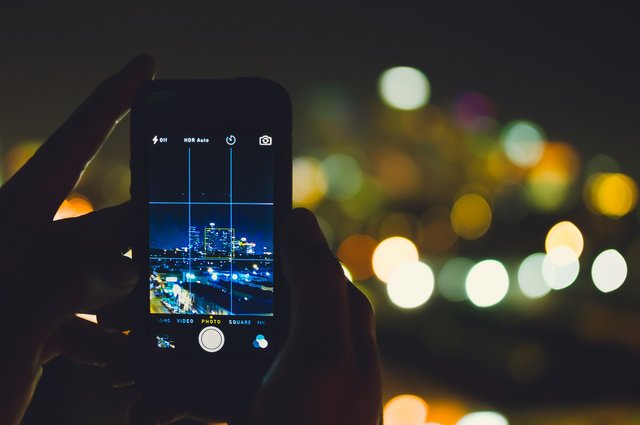Beginning Photography Tips
Here's a list of five beginning photography tips that will help you to take better pictures if you’ve just started learning digital photography. It doesn’t matter if you have a simple point and shoot camera or digital SLR…these beginning photography tips should help. Keep these digital photography techniques in mind when you’re out shooting and you’ll be surprised at how quickly your photographs improve.
Remember, just be patient and keep practicing!

1. Don't Be Afraid to Get Up Close
For example, with flower photography, there’s no need to include the whole flower. Focus on one particular element of the flower…the curve of the petals, or the center of the flower, for instance. Macro flower pictures are a great way to start as a photographer...flowers don't move! Unless it's windy, of course.
By the way, for macro shots, I use a Canon 500D Close Up Lens. It's a great, inexpensive alternative to a dedicated macro lens. You just screw it onto your telephoto lens.(I mostly use a Canon EF 100-400mm Telephoto Zoom Lens, which is a fantastic all-around lens for photographing wildlife.) The best part is about the 500D close-up lens is that even though it's made by Canon, you can attach it to a Nikon lens. The 500D comes in several diameters, so if you decide to buy one, make sure you get the right size to attach to your favorite lens.
Pictures of insects can be really fascinating when you take an extreme close-up shot. The macro photo below shows the intricate details of a dragonfly’s wings.
2. Work With the Weather
This is an important beginning photography tip that often gets overlooked. Don't wait for a bright sunny day before you get outdoors to shoot! We get a lot of rain and fog where I live. So why fight it? Of course, I’m not suggesting you go out in the rain with your camera, but photographing a building storm can result in some very dramatic photographs.
Taking pictures after a rainfall can also bring some great results…flowers in particular, seem to come alive and look great covered in raindrops.
Photographing birds after a rain shower can be a lot of fun because they’re more active then. Photographs of fog can be quite dramatic, especially if you capture the sun breaking through. Shoot with a faster exposure to freeze the shapes that fog makes. Ground fog during sunrise can be especially captivating.
Winter photography can be very rewarding too. Be aware though that if your camera’s on automatic (or program) when you’re photographing a scene on a bright, snowy day, your picture will be underexposed. It’s a good idea to manually set the exposure and either open up your aperture a stop or two, or allow for a longer exposure. Of course, if you go for the longer exposure, you'll need a tripod to keep your camera steady.
3. Work with the Light
Here's a beginning photography tip you might not want to hear if you like to get up late. But if you’re an early riser like me, you’ll have noticed how the light is quite special right after dawn. Pictures of sunrise have a certain magic to them…the sky ranges from light pastels to blazing colors similar to a sunset. After the sun rises you can also get some great photos of the moon still in the sky. Here's another beginning photography tip...buy a tripod!
Another bonus of early morning photography is that birds are quite active at this time of day.
And then there’s the “golden hour” during the late afternoon when the sun’s getting ready to set. Try taking pictures during this time of day and you’ll find you just can’t lose.
Of course, pictures of sunsets are always enjoyable too. If you’re close to a lake or the ocean, try including the water’s reflection in your sunset photograph…you’ll get even more bang for your buck!
4. Create a Mood
Good photographs often suggest an emotion or mood. Anger. Loneliness. Nostalgia. Joy. It doesn’t matter if it’s a negative emotion or a positive one…a photograph will always be more powerful if it makes the viewer feel something.
5. Try a Different Perspective
When you approach your subject, take some time to look at it from different angles.
Here's a tip that many budding photographers forget about in the excitement of the moment. They approach a scene and click! take the shot before they've really looked around.
Would that bird maybe look better if you lay down and photographed it through the grass? When photographing a landscape, for example, sometimes it’s only a matter of taking a few steps to the left or right and you discover that you’re capturing so much more than “the usual”. Or take a flower, for instance…one of my favorite things to do is photograph flowers from behind. The backs of flowers can be quite intricate and beautiful too, you know!
I hope you enjoyed these beginning photography tips. These suggestions are more about a general approach to photography rather than technical tips.